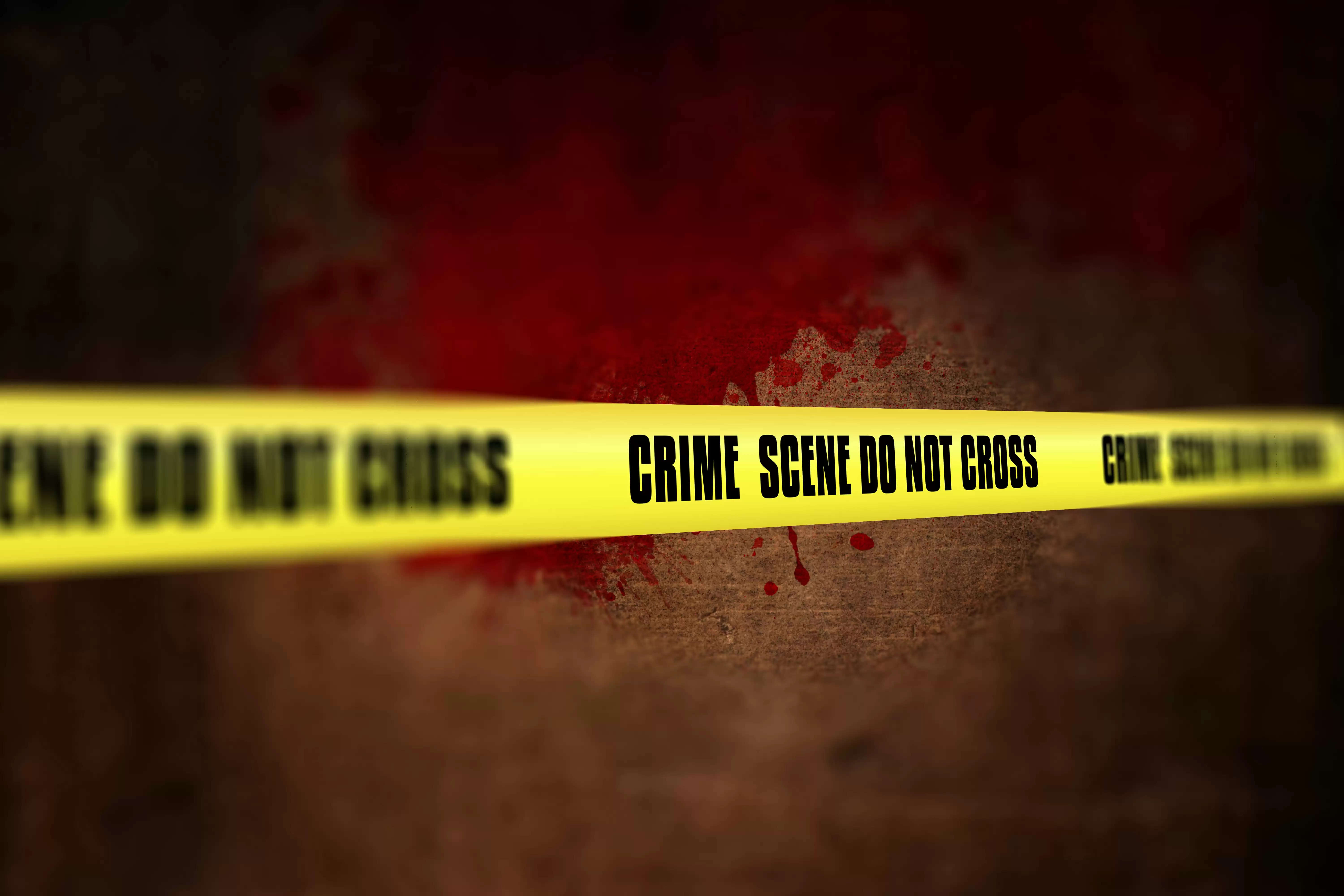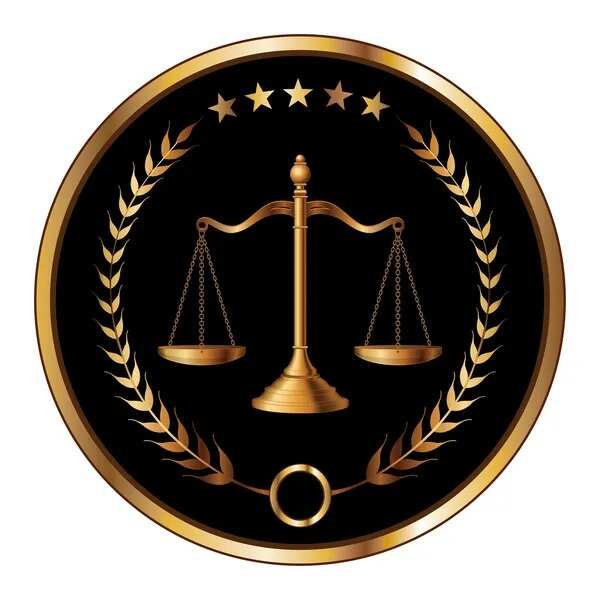Competency of Witnesses under Section 118 of the Indian Evidence Act

Section 118 of the Indian Evidence Act states that every person is competent to testify unless the court considers that they are unable to understand the questions put to them or to give rational answers due to tender age, extreme old age, disease of body or mind, or any other similar reason. This section clarifies that a person of unsound mind is not incompetent to testify unless, at the time they are questioned, they are unable to understand the questions due to their insanity or incapable of giving rational answers.
Section 118 of the Indian Evidence Act lays down the general rule for examination of witnesses, stating that any person who can understand the questions put to them and give rational answers will be competent to testify. Competency is thus judged based on whether the person can understand the questions and give appropriate answers. The ability to comprehend questions and provide suitable answers can be affected by factors such as young age, insanity, old age, illness, etc.
According to Section 118 of the Indian Evidence Act, even a child can be a competent witness if they are capable of understanding the questions put to them and giving appropriate answers. Similarly, a person of unsound mind can testify unless their mental condition at the time prevents them from understanding the questions and providing rational answers.
Types of Witnesses
(1) Deposition by gestures or signs (Mook Sakshi) – Section 119 of the Indian Evidence Act provides that a witness who is unable to speak may give their deposition in any other manner in which they can make it intelligible. This could include writing or gestures, but such writing or gestures must be made in open court. The testimony given in this manner will be considered oral evidence.
Under this provision, a witness who cannot speak may give their testimony in another manner, such as by making it understandable through gestures or writing. Such writing or gestures must be done in open court, and testimony given in this way is considered oral evidence. However, if a mute witness is not capable of understanding the questions or giving appropriate answers, their gestures cannot be accepted as testimony. A person observing a vow of silence is considered a mute witness.
(2) Spouse of party to proceeding (Pakshakar) – Section 120 of the Indian Evidence Act states that in all civil proceedings, the spouse of a party to the proceeding or of a party against whom the proceeding is instituted will be competent to testify. Similarly, in criminal proceedings against any person, their spouse will be competent to testify.
According to this section, in all civil proceedings, the spouse of a party to the case or of a party against whom the case is filed will be competent to testify. Similarly, in criminal proceedings against any person, their spouse will be competent to give evidence.
(3) Judges and Magistrates – Section 121 of the Indian Evidence Act stipulates that no Judge or Magistrate shall be compelled to answer any questions concerning their own conduct in court or any matter which came to their knowledge by reason of being in court, without the special order of a higher court. However, they may be examined regarding other matters which occurred in their presence while they were performing their official duties at that time.
Examples:
- Before the Sessions Court, 'A' asserts that his statement was improperly taken by Magistrate 'B'. Without a special order from a higher court, Magistrate 'B' cannot be compelled to answer questions on this matter.
- 'B' is accused of giving false testimony before Magistrate 'A' in the Sessions Court. Apart from special orders from a higher court, 'B' cannot be questioned about what 'A' said.
- 'A' is accused in the Sessions Court because he attempted to murder a police officer in the presence of Sessions Judge 'B'. 'B' can be examined on what happened.
Section 121 imposes a restriction that no Judge or Magistrate can be compelled to answer any questions in court regarding their conduct as a Judge or Magistrate or about matters known to them by virtue of their position, except under a special order from a higher court. This privilege pertains specifically to actions performed in their official capacity and does not extend to actions taken in a private capacity. Similarly, knowledge obtained in an official capacity qualifies as privileged information, allowing the judge to make special inquiries, but not that which was obtained from a private person.
For example, if a murder occurs within the premises of a court and a Judge is present, this knowledge does not stem from their judicial position but rather from being present at the scene of the incident. Therefore, they can be questioned about how the incident occurred. Judges and Magistrates cannot be compelled under this section, but they can choose to answer questions asked of them. They can also be compelled to answer questions under orders from a higher court under this provision.
